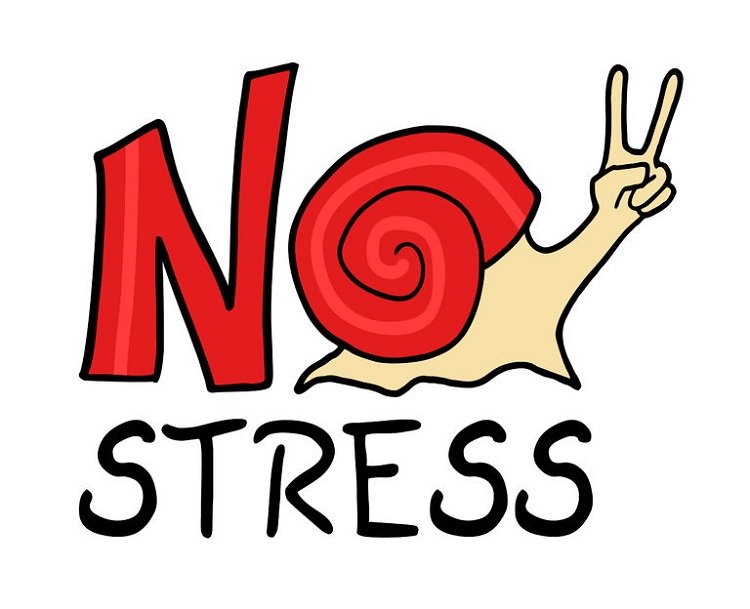
When you arrive in the interview room, it is only natural that you want to make a good first impression. The impression we make is determined by our non-verbal communication – what is usually referred to as our ‘body language’. Our bodies are constantly giving off signals – they continually communicate what we are feeling and thinking inside - that is why it is called ‘body language’. That first impression takes but a moment – it is both a conscious and sub-conscious process in the mind of the interviewer, and within a few seconds they have an initial impression of you.
Your non-verbal communication is something that interviewers pay close attention to. From the very first moment that they see you, they notice how you are dressed, the expression your face, whether you are smiling or frowning, your handshake, and the way you hold your body. These all contribute to that first impression. So you have to manage that first impression. But how?
There are a few exercises that will help you make a stronger, more positive impact in that first impression. The first of them is something you do before the interview and involves deliberately changing your body posture to control the levels of two hormone. You want to increase your testosterone level and decrease your cortisol level – cortisol is the stress hormone. Power-posing is how you do this, and by power-posing for just two minutes before an interview (or any other evaluative event such as speaking in public), your performance will be significantly better.
Dr Amy Cuddy, a social psychologist in Harvard Business School, gave a TED Talk on how to do this – watch her most interesting talk here, or go to: https://www.ted.com/talks/amy_cuddy_your_body_language_shapes_who_you_are.
The second exercise involves taking control of your breathing. When we feel stressed – and being interviewed is a stressful situation – our breathing tends to be shallow and higher in the chest. By breathing deeply so that our diaphragm pushes our stomach out, we relax our body (again bringing the cortisol level down). But breathing deeply has another positive effect – it bring energy into our body, an energy that can be used to show enthusiasm and interest in the job and organisation you are being interviewed for. This extra energy in your body deepens your ‘aura’ and projects confidence and poise.
To achieve the correct breathing, get balanced with your feet firmly on the floor (whether you are standing or sitting). Breathe in deeply through your nose all the way down to your stomach, and hold the breath for a couple of seconds. Then exhale the breath out through your mouth more slowly – the ideal ratio of out-breath to in-breath is 2:1. Do this for five minutes in the waiting room and you will feel calmer, more relaxed and more energetic – ready to perform better at the interview.
The two exercises above will help you appear more confident, poised and relaxed when you sit in that interview chair. More importantly, inside you will “feel” confident, poised and relaxed.
To round things off, pay attention to your handshake as this too gives off a sub-conscious signal. A wet, limp, cold handshake portrays fear and a lack of confidence, and produces an “ugh” feeling in its victim! On the other hand (no pun intended!), a firm, strong handshake portrays confidence and self-belief, and is a pleasant experience for the recipient, especially when it is accompanied by a smile. But firm and strong doesn’t equate to hurting – so get the balance right. Practice your handshake with a few friends or family members, and smile as you do it. Get their feedback and adjust your handshake as suggested.
When you are in the interview, sit upright but relaxed in the seat with your lower back touching the back of the chair, and your feet firmly on the floor. Take two deep breaths before speaking as this will bring back the effects of the earlier breathing. Now you are set for a good interview!



